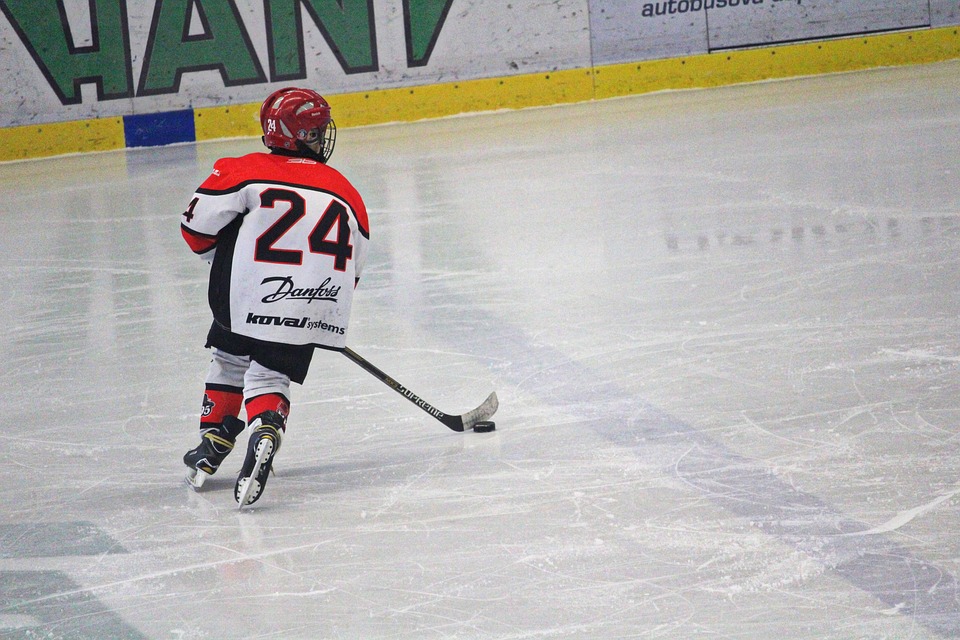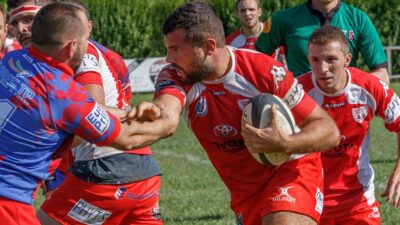Fighting, both in its literal sense and as a metaphor, has fascinated humanity for centuries. Whether through martial arts, competitive sports, or the clash of ideologies, the concept of conflict has always been a part of human experience. At the heart of many combat scenarios—both in the ring and beyond—lies a unique yet often misunderstood role: the enforcer. This article explores the nature of enforcers, their responsibilities, and their significance in various contexts.
Defining the Enforcer
In its broadest sense, an enforcer is someone who ensures that rules and regulations are followed. In combat sports and martial arts, enforcers often take the form of referees or judges who maintain order during matches. Outside the arena, enforcers might be law enforcement officers, bouncers at bars, or even family members who uphold social norms. Their duties are crucial in maintaining a sense of justice and fairness, regardless of the environment.
The Enforcer in Combat Sports
In combat sports like boxing, MMA, and wrestling, enforcers have a critical role. Referees help maintain the safety of fighters while ensuring that the competition is fair and adheres to established rules. They are trained to recognize injuries, determine fouls, and ultimately stop the fight if a competitor is unable to continue safely. This responsibility not only safeguards the physical well-being of participants but also upholds the integrity of the sport itself.
Key Responsibilities of Combat Sports Enforcers:
-
Rule Enforcement: They ensure that both fighters adhere to the rules of the sport, which can include weight classes, techniques allowed, and conduct before and during the fight.
-
Safety Monitoring: Enforcers are tasked with assessing physical conditions and stopping fights to prevent severe injuries, showcasing their commitment to the fighters’ well-being.
- Decision Making: They make quick decisions under pressure, which can greatly affect the outcome of a match. Their choices are often scrutinized, adding to the complexity of their role.
The Enforcer in Everyday Life
The role of the enforcer extends beyond the realm of sports into everyday life. Here, enforcers may take on various forms, each with unique responsibilities and challenges.
Law Enforcement and Security
Police officers and security personnel function as social enforcers, maintaining order within communities. They handle conflicts, prevent crime, and ensure compliance with laws. Their presence often serves as a deterrent to potential wrongdoers, embodying the notion that actions have consequences. However, this role can be contentious; while some view them as protectors, others may see them as representatives of oppressive systems. The conversation around policing has opened dialogues about accountability, transparency, and community trust.
Informal Enforcers: Social Dynamics
In social settings, enforcers can emerge in the form of leaders, older siblings, or even friends who uphold norms and expectations within their groups. These individuals exert influence through a blend of respect, authority, and social capital, often mediating conflict and guiding behavior. Their ability to navigate social dynamics requires emotional intelligence and a keen understanding of interpersonal relationships.
Navigating the Complexities of the Role
The position of the enforcer, whether in sports or everyday life, is rife with complexities. These individuals must balance authority with empathy, firmness with fairness. Their actions can provoke strong reactions, as they operate in high-stakes environments where the stakes often transcend simply winning or losing—sometimes leading to serious consequences.
Ethical Considerations
For enforcers, ethical dilemmas are common. How do they remain impartial? What happens when their personal beliefs conflict with their responsibilities? The challenge lies in navigating these issues while upholding their duties, and the pressure can lead to burnout or moral injury.
Conclusion
The art of fighting extends far beyond physical confrontation; it encompasses the roles that facilitate and regulate conflict. Enforcers are crucial in this framework, serving as guardians of fairness, safety, and integrity. Whether within the confines of a boxing ring or the broader social landscape, understanding the significance of enforcers provides valuable insight into human behavior and societal dynamics.
As we continue to explore the complexities of conflict and resolution, it’s essential to recognize and appreciate the multifaceted role of enforcers. They stand as vital figures, shaping how we experience and navigate the art of fighting in both our professional and personal lives. In doing so, we not only honor their contributions but also acknowledge the intricate dance of power, authority, and empathy that defines these pivotal roles.



